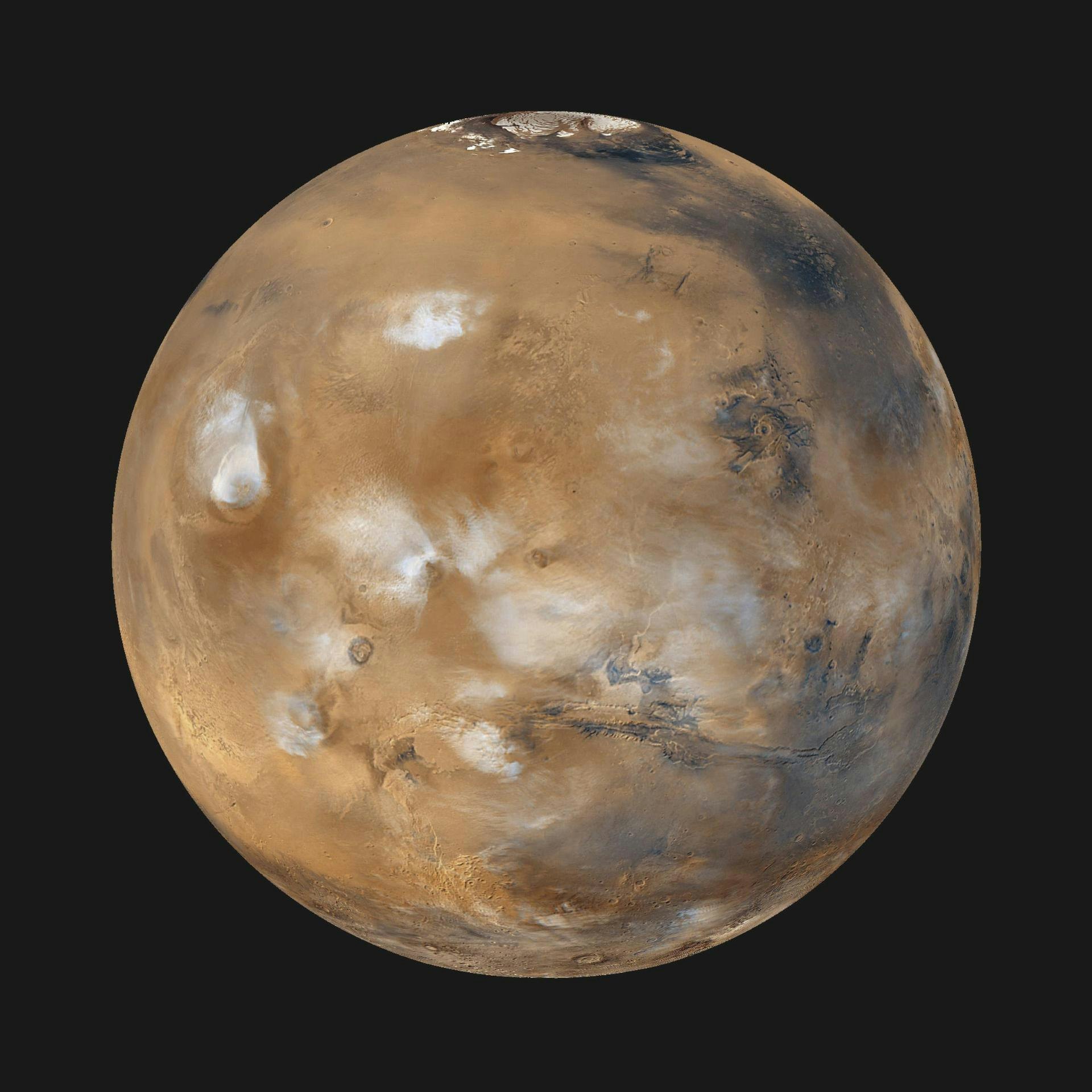Science
Related: About this forumMars Is Likely Hiding Oceans Worth Of Water Deep In Its Crust -- This Could Upend Our Plans For the Planet
Miles below the surface, cracks in volcanic rock may be full of liquid water.
BY KIONA SMITH
19 HOURS AGO

A year and a half after the end of its mission, NASA’s InSight Mars lander may have just helped scientists find enough water to fill an ocean.
Deep beneath NASA’s InSight lander (RIP InSight), an ocean’s worth of liquid water may be trapped in rocky fissures, suggests a recent study of data recorded during more than 1,300 Marsquakes. If University of California, San Diego, geologist Vashan Wright and his colleagues are right, then Mars may be hiding underground reservoirs of water larger than the planet’s ancient, now-vanished, oceans. That could change how we search for traces of life on Mars, as well as how future Mars missions could supply themselves with water, rocket fuel, and oxygen to breathe.
Wright and his colleagues published their work in the journal Proceedings of the Natural Academy of Sciences.
A GIANT SURPRISE
Matthews and her colleagues pointed JWST’s Mid-Infrared Instrument, or MIRI, at the nearby star system Epsilon Indi, which is home to one small orange star, just a little smaller and cooler than our Sun, and a pair of brown dwarfs (objects much too large to be planets, but not quite massive enough to be stars). Other astronomers had previously noticed that Epsilon Indi A, the orange star, had a slight wobble, as if it were being pushed and pulled by the gravity of a giant gas planet in its orbit. But no one had ever actually seen that planet, and the researchers thought JWST would be up to the challenge.
They found the planet, but it wasn’t where all the previous data said it should have been. Instead, it was about four times farther from the star, and about twice as massive, as the researchers had expected. That’s pretty cool, both literally — its about 35 degrees Fahrenheit — but also figuratively, as it is a rare chance to study gas giants in the outer reaches of their star systems.
More:
https://www.inverse.com/science/astronomers-discover-epsilon-indi-ab-planet-jwst
hunter
(39,066 posts)... but I don't think humans will be mining water on Mars anytime soon, if ever.
There will come a day, possibly in my lifetime, when there are no humans in space and no real plans to send any more humans into space.
Star Trek is fantasy.
But if we do manage to hold our current world civilization together, despite the increasing intensity of environmental catastrophes, there will still be plenty of exciting space exploration, all of it accomplished by increasingly sophisticated robots.